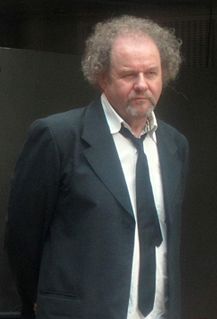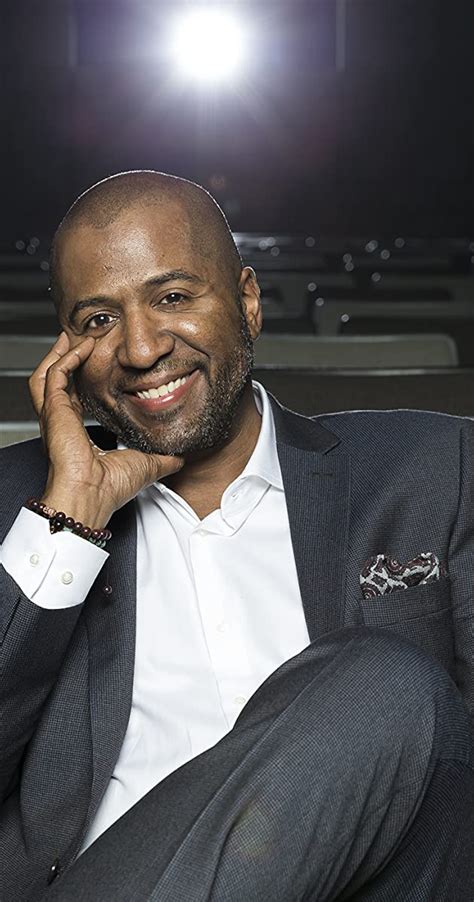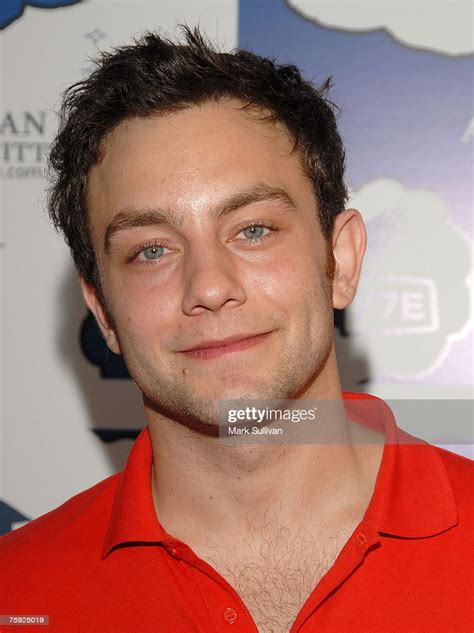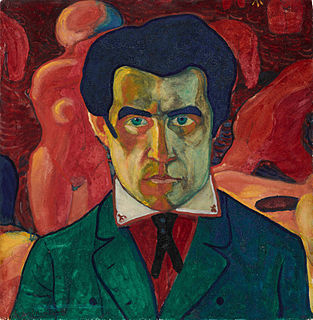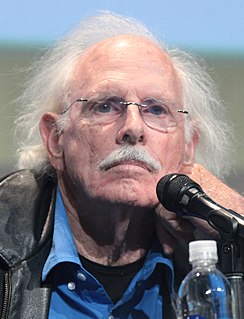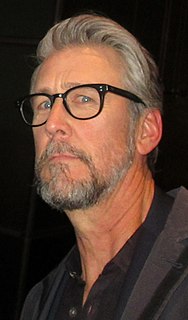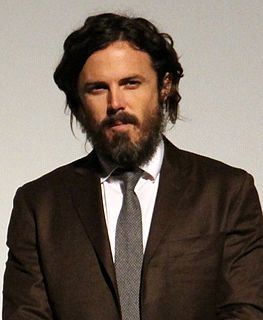A Quote by Mike Figgis
You can do really slow movements with it, like zooming in for a minute and a half. The audience isn't aware that the camera has moved, but there's subconscious tension there.
Related Quotes
Zooming in, zooming out. I was shocked. I said, "Let's erase this right now, put the camera behind the stage and I'll do the performance just for the camera." He set up everything and I told him to go outside and smoke a cigarette. Come back when I finish. Don't touch the camera. This was the way how I've done most everything after that.
The one thing that I love about the live audience is the energy level. Like, from the minute of cast introductions, it's just constant energy being traded back and forth. When you do something funny, the audience laughs; when you're being serious, you can, like, feel the tension going through the audience.
I actually think film and TV are sort of the same thing now. To me they're all motion pictures. There's a camera, a script, other actors and a director. Doing a sitcom is a little different. It's kind of a hybrid, half movie, half play, presented in a proscenium fashion - the camera's on one side of the line, the set on the other, the audience sitting behind the cameras.
I'm very heavily involved in the editorial post-production process, and the camera - it's just such a big part of my storytelling language. I like creating the tension; I like creating the emotion through the movement of my camera, or the lack of movement through my camera, depending on what fits the scene best.
When you're the guy behind the camera, you're aware of the reasons for the compromises or the changes that get made. As an actor, you go and do your thing, and someone else down the line then does all the math and goes, "We can't include that thing where he's pretending to be dumb and needling those people, because it takes a minute and a half, and it ruins the next scene. It doesn't make sense." If you're directing, you're the one doing that.
Films I've really liked are when you've walked out and you're still in that movie for a while. That's virtual reality for me, to go into a theatre, especially with the use of sound - a subconscious thing that's underestimated. I remember seeing 'Blue Velvet' when I was 15, and half the audience walking out, but I thought my life had changed.
[on making the transition from the comedy "Mary Tyler Moore" (1970) to its dramatic spin-off series "Lou Grant" (1977)] We were really worried about changing over from a three-camera, half-hour comedy to a one-camera, full-hour drama. The audience wasn't ready for the switch - even CBS billed us in their promos as a comedy. In fact, the whole thing was impossible. But we didn't know that.
